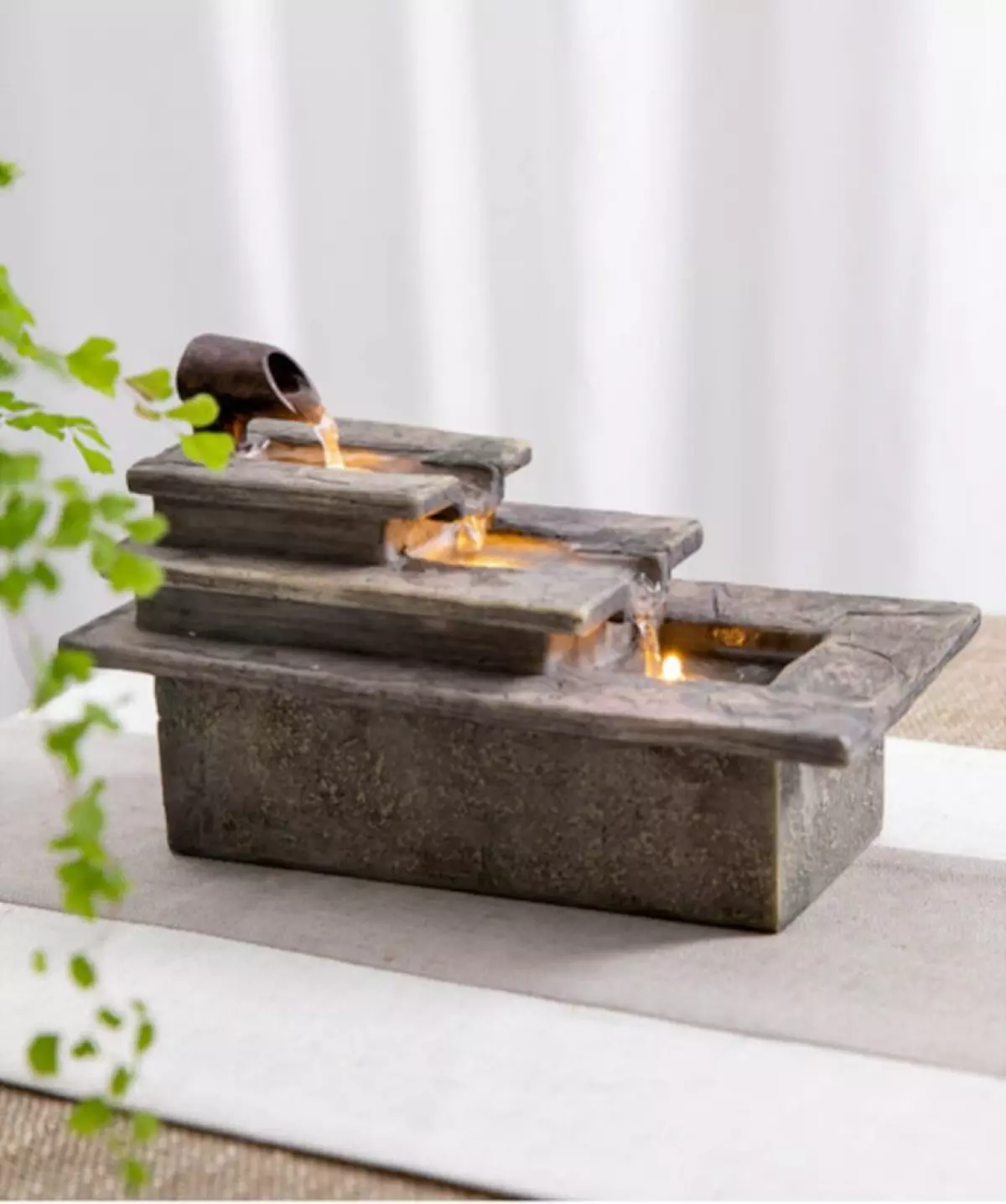feng shui - a term that often sparks curiosity, skepticism, and even heated debates. Is it an ancient art form rooted in wisdom, guiding us towards harmonious living spaces, or is it simply a load of superstitious hogwash? Let’s dive into the realm of it with a critical lens and explore whether there’s any substance behind its claims.
Unpacking the Concept
Feng Shui, originating from ancient China, is the practice of arranging your environment to promote a balanced flow of energy or "chi." Proponents believe that by arranging your surroundings in accordance with Feng Shui principles, you can enhance your well-being, wealth, and even relationships. Sounds intriguing, right? But hold on, is there any scientific basis to these claims?
While proponents of Feng Shui tout its ancient origins and the countless success stories that surround it, skeptics argue that anecdotes are far from concrete evidence. In the realm of science, empirical research is the gold standard, and this is where it seems to stumble. Numerous studies attempting to validate the effectiveness of Feng Shui have yielded inconclusive results at best. It's like trying to catch a slippery fish with your bare hands - no matter how hard you try, it just slips away.
 Fig: Feng Shui Items for House
Fig: Feng Shui Items for House
The Quest for Scientific Proof
The scientific community often raises an eyebrow when confronted with Feng Shui's claims. From the arrangement of furniture to the placement of mirrors, the fundamental principles of Feng Shui seem to lack a concrete grounding in scientific principles. And while proponents argue that science may not have caught up with this ancient art form, critics question whether it ever will.
The Power of Placebo
One reason behind the positive experiences people report with Feng Shui might be the placebo effect. If you believe rearranging your furniture will bring about positive changes, you’re more likely to notice those changes happening. It’s like wearing a lucky charm - you start attributing your successes to the charm rather than your own efforts. The power of belief can be incredibly strong, leading us to see what we want to see.
Moreover, the very act of rearranging your space with intent and purpose can have psychological benefits. Creating a sense of order and control can positively impact your mood and mindset. It’s as if the act of making changes in your environment becomes a self-fulfilling prophecy.
 Fig: The Power of Placebo
Fig: The Power of Placebo
The Cultural Connection
Feng Shui’s popularity is deeply intertwined with Chinese culture and history. It’s been passed down through generations, with each iteration adding its own layer of mystique. While it’s an integral part of Chinese heritage, its effectiveness outside of that context is questionable. Imagine trying to transplant a bamboo tree from a rainforest to a desert - it might not thrive the same way.
The cultural context of it plays a significant role in its interpretation and application. Concepts that hold deep meaning within Chinese traditions might not resonate with the same significance in other cultures. This raises the question: Is Feng Shui’s success a result of its inherent power, or is it the result of cultural conditioning and collective belief?
The Multimillion-Dollar Industry
Skeptics argue that Feng Shui’s commercialization has overshadowed its original purpose. It has become a multimillion-dollar industry, with practitioners offering services that promise to revamp your life. From selling special trinkets to offering consultation services, the business aspect of it cannot be ignored. It’s like trying to sell ice to Eskimos - a great business idea, but is there real value?
In a world where marketing and mystique often blend, it’s essential to approach commercialized versions of Feng Shui with a discerning eye. Separating genuine wisdom from sales tactics can be a daunting task, but it’s crucial to navigate this realm thoughtfully.
The Confirmation Bias Conundrum
Confirmation bias plays a significant role in how we perceive Feng Shui’s effectiveness. Once you’ve arranged your space according to its principles, you start noticing any positive changes while conveniently ignoring the negative aspects. It’s like only remembering the times when your favorite sports team wins, but forgetting their losses.
Our tendency to seek out information that confirms our preexisting beliefs can create a self-perpetuating cycle. The changes we attribute to Feng Shui might be more a result of our selective attention than any real energy manipulation.
 Fig: Key Rule of Feng Shui, Yin Yang
Fig: Key Rule of Feng Shui, Yin Yang
The Bigger Picture
In the grand scheme of things, Feng Shui can be seen as a way to foster a mindful and organized living space. The ideas it promotes, such as decluttering and creating a harmonious environment, are not inherently bad. However, attributing mystical powers to these concepts raises eyebrows.
Key Takeaways
- Anecdotal vs. Scientific: While anecdotal evidence abounds, scientific studies on Feng Shui’s effectiveness remain inconclusive.
- Placebo Effect: Believing in Feng Shui can lead to a placebo effect, where perceived positive changes may be more about your mindset than actual energy flows.
- Cultural Significance: Feng Shui’s success within Chinese culture might not translate universally.
- Business of Mystique: The commercialization of Feng Shui can raise doubts about its true value.
- Confirmation Bias: People tend to notice positive changes and ignore negatives after embracing Feng Shui.
- Mindful Living: Some principles promoted by Feng Shui, like decluttering, can lead to better living spaces.
In the end, whether you see Feng Shui as valuable wisdom or mere nonsense depends on your perspective. As you arrange your furniture and hang mirrors according to its principles, remember that the real magic might be in how you perceive your space, rather than any ancient energy flow. So, embrace the mindful living aspects, but take the mystical claims with a pinch of skepticism. After all, the ultimate harmony might come from a balanced blend of good design, a positive mindset, and a touch of reality.
People Also Ask
Is Feng Shui a psychology?
Feng Shui is not primarily a psychology, but it does intersect with psychological aspects. While it’s rooted in the arrangement of physical spaces to promote harmony and energy flow, it also touches on psychological effects. The act of organizing and designing one’s environment according to Feng Shui principles can influence mental well-being, creating a sense of order and control. Additionally, the placebo effect may come into play, where a person’s belief in the positive impact of it could lead to psychological changes. However, Feng Shui itself is more closely tied to spatial arrangement and energy concepts rather than being a comprehensive psychological framework.
Why is my Feng Shui not working?
If your Feng Shui efforts aren’t yielding the expected results, several factors could be at play. First, ensure you’ve accurately applied the principles, as even minor mistakes can disrupt the intended energy flow. Moreover, the effectiveness of it might be influenced by personal beliefs; skepticism or lack of genuine conviction can weaken its impact. Additionally, external factors such as the compatibility of Feng Shui principles with your specific space, or a broader context like your life circumstances, could be affecting the outcomes. Lastly, remember that it is just one aspect of a holistic approach to well-being, and relying solely on it for significant changes might not yield the desired results.
Is Feng Shui a true thing?
Feng Shui is a practice deeply rooted in ancient Chinese philosophy and cultural traditions, emphasizing the arrangement of spaces to promote positive energy flow. While it holds significance within its cultural context and has been associated with anecdotal success stories, its validity as a scientifically proven concept is debated. The lack of concrete empirical evidence supporting its claims raises skepticism, and its effectiveness may vary depending on personal beliefs, cultural background, and individual interpretations. While Feng Shui’s principles can encourage mindful organization and aesthetic harmony, its mystical aspects should be approached with a critical perspective.














